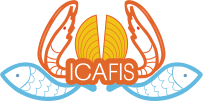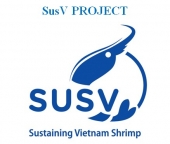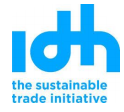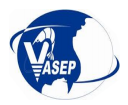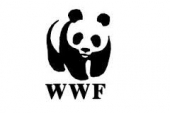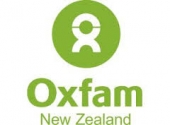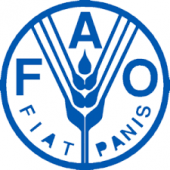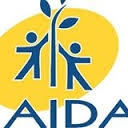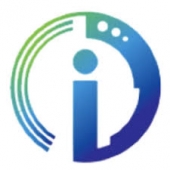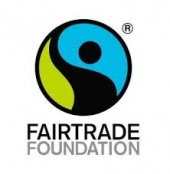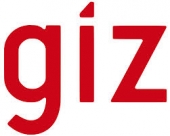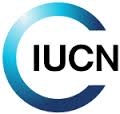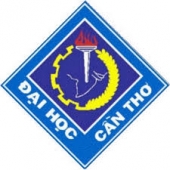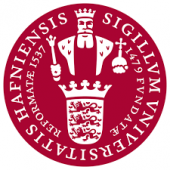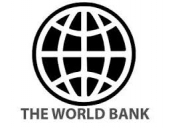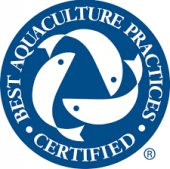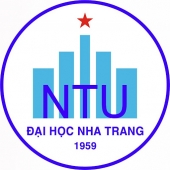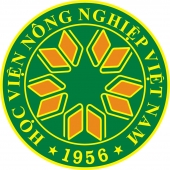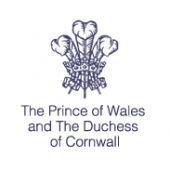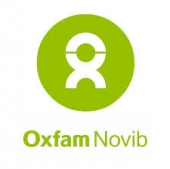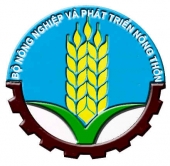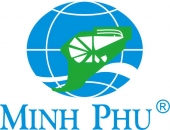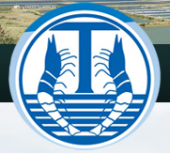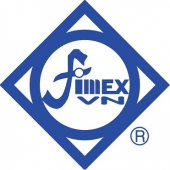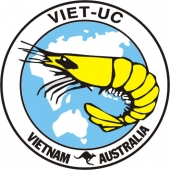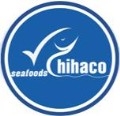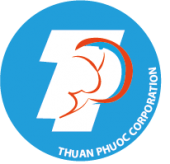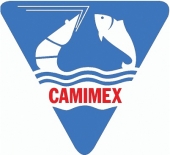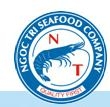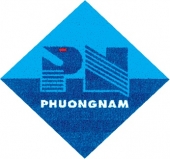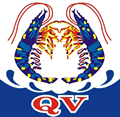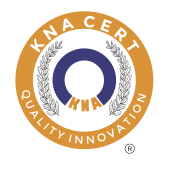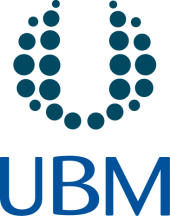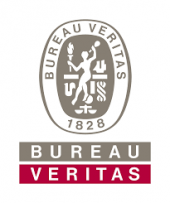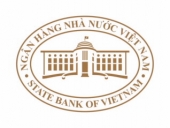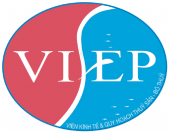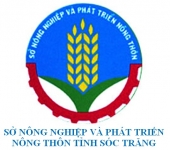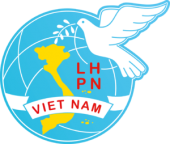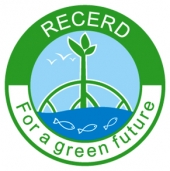In recent eight years, a lot of shrimp farmers had suffered heavy loss and could not recover their production because of disease out breaking. According to a survey conducted by ICAFIS in 2015, 71% of shrimp household producers in Soc Trang did not have enough financial resources to invest and recover production. At the same time, the percentage of shrimp mortality rose, the number is 22% in 2010, 31.76% in 2011 and 58% in 2014. The numbers just mentioned are alarming and the State and other stakeholders have pumped loans to save Vietnam shrimp industry.
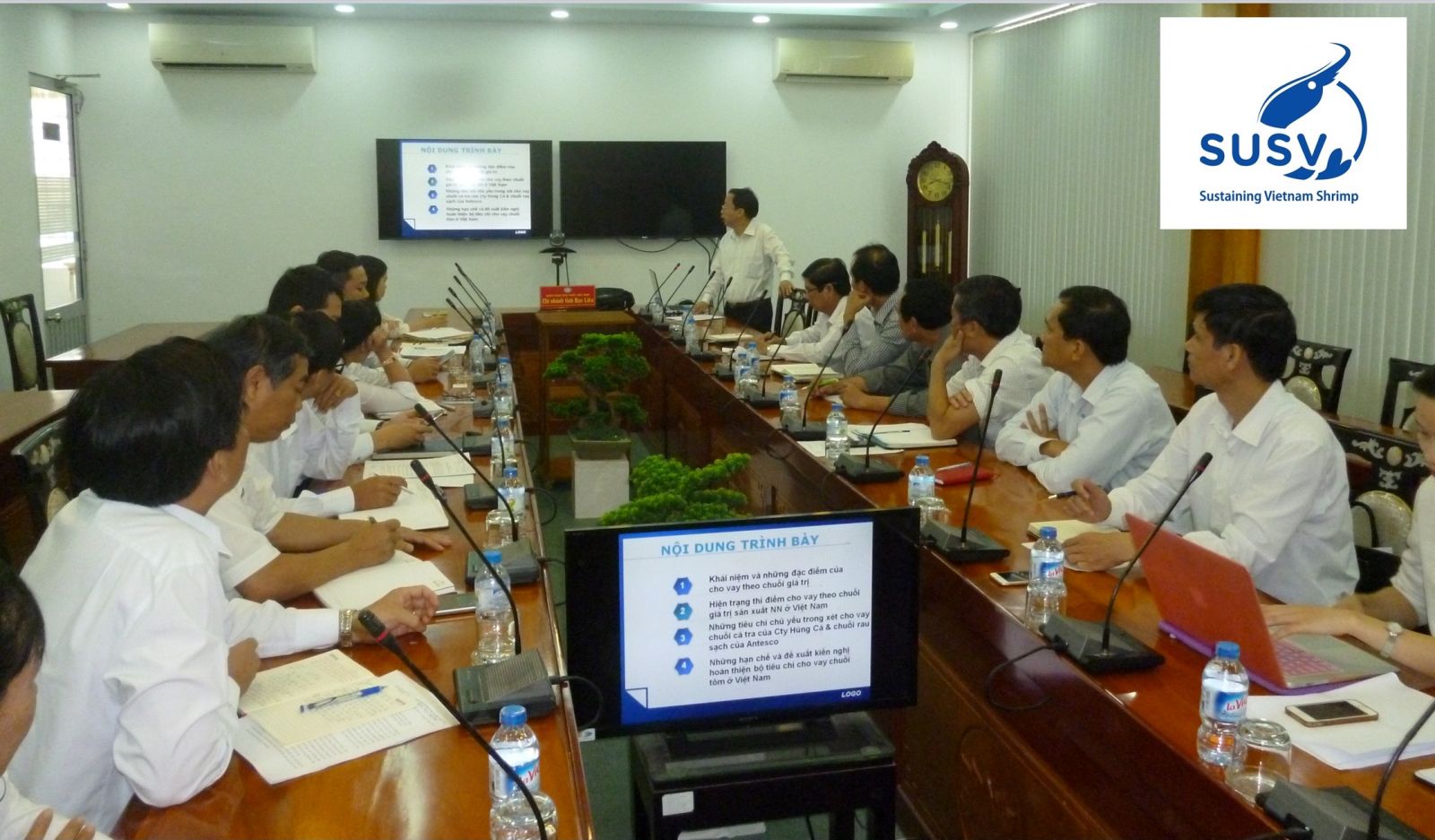
In The workshop “developing loaning criteria for the shrimp value chain in Mekong delta” co-organized by ICAFIS and OXFAM in the end of December 2015. Most of the workshop participants expressed that “hungry for loans”. Since 2014, the state has issued policies, loaning program to promote the development of agriculture such as the resolution no. 14/NQ-CP issued by Vietnam governance about providing loans for the development of agriculture, forestry and aquaculture for exporting, decision no. 1050/QĐ-NHNN issued by the state bank about loaning program pilots for the value chain model, applying advanced technology in agriculture/aquaculture according to the resolution no. 14/NQ-CP. There have been 20 value chain models receiving loans, of which, Hung Ca and Thuan An company have received loans. For shrimp industry, the state need to develop particular policies, mechanism and organize dialogs to enhance the capacity of shrimp producers, companies on develop business plan, prepare to meet the requirement of banks to receive the loans.
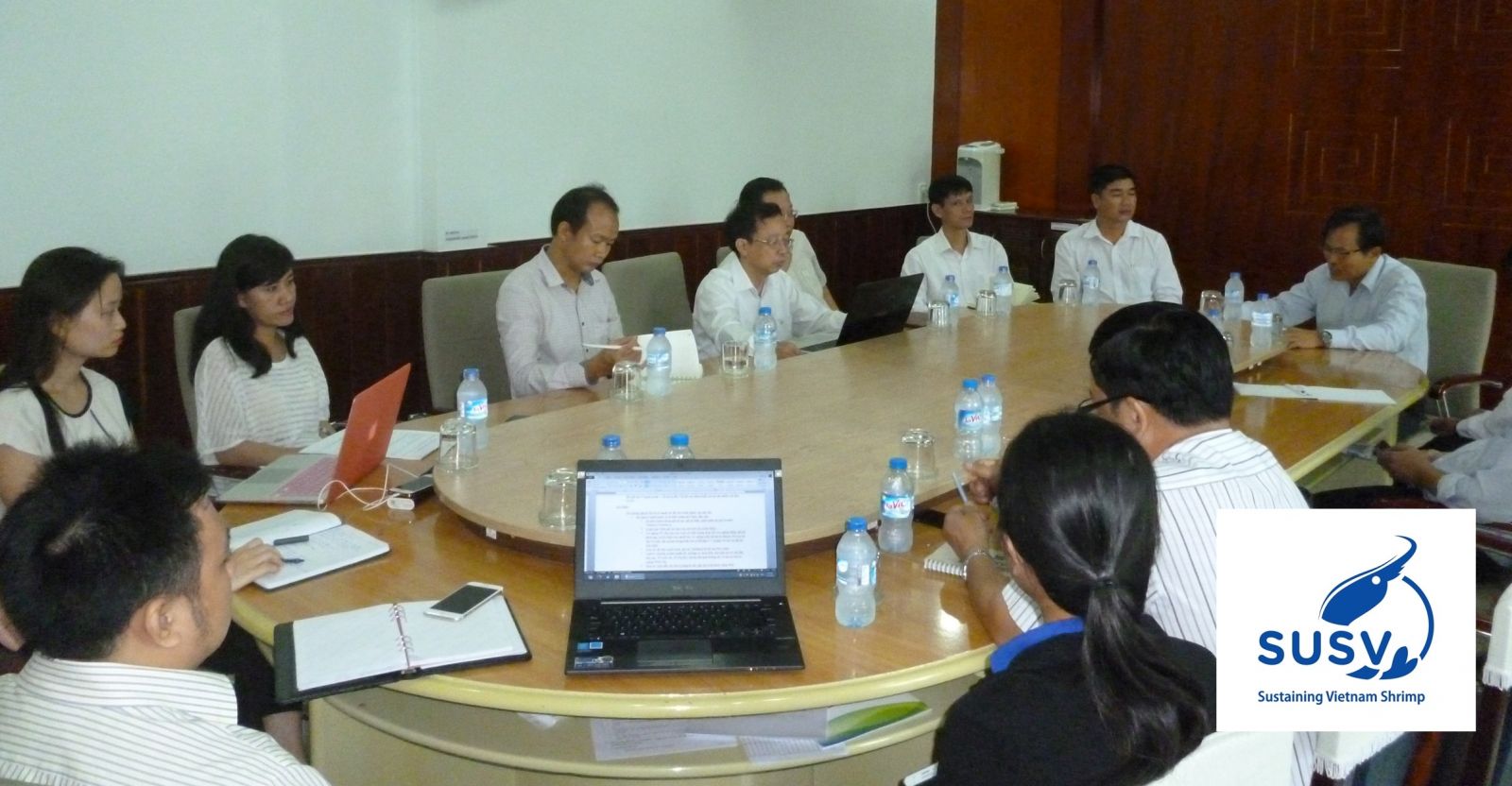
As planned by the project “Sustainable and Equitable Shrimp Production and Value Chain Development In Vietnam”, from 17 t 19 October, 2016, The International Collaborating Centre for Aquaculture and Fisheries Sustainability (ICAFIS) and OXFAM Vietnam collaborated with Vietnam Banking Strategy to conduct “Evaluating the loaning need in the shrimp value chain” in Soc Trang, Bac Lieu and Ca Mau province, the provinces contribute up to 93% of shrimp production area and 84.4% of shrimp production yield. The purpose of activity is to evaluate the status of loaning program for value chain according to the Resolution No. 14/NQ-CP issued about providing loans for the development of agriculture, forestry and aquaculture for exporting and Decree no. 55/NĐ-CP about “credit policies for agriculture and rural development”, record the difficulties the shrimp value chain actor face to develop suitable policies for shrimp producers, processing companies can access the loans as well as help banks can reduce risks in providing loans.
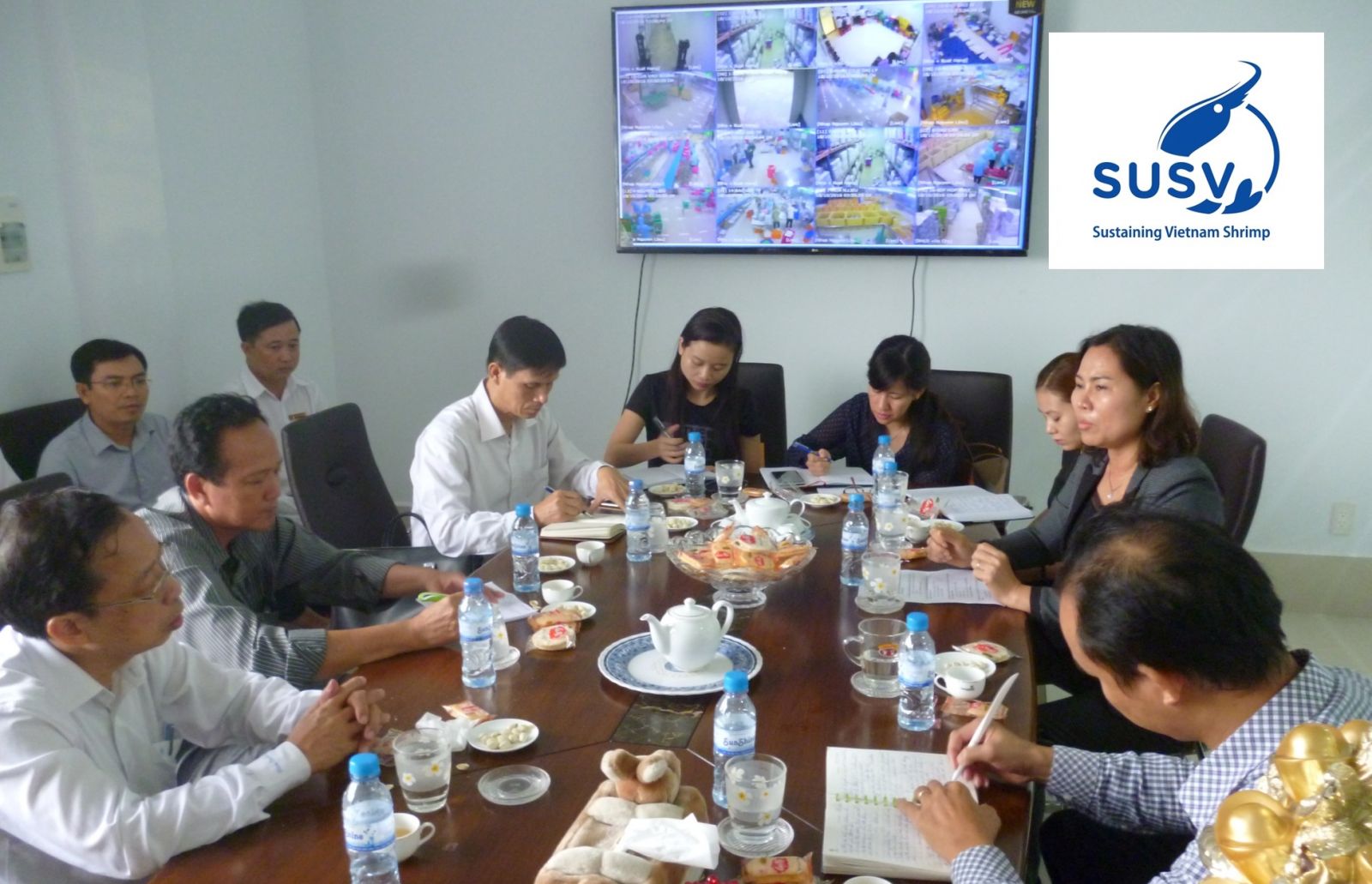
The evaluating team has worked with the provincial Department of Agriculture and Rural Developments, 24 commercial banks and 7 shrimp value chains from shrimp processing and exporting companies in three provinces. The banks express the difficulties they face: (i) high risks in shrimp production, (ii) high outstanding credit, (iii) difficulties in managing money transaction (iv) The loaning program for value chain is not practical enough for banks to apply. The shrimp processing companies also expressed their difficulties to access the loans: (i) The interest rate is relatively high in comparing with other countries (ii) The policy on land usage ownership is a barrier and (iii) The linkage with small-holder farmers is not sustainable because of affecting outside factors.
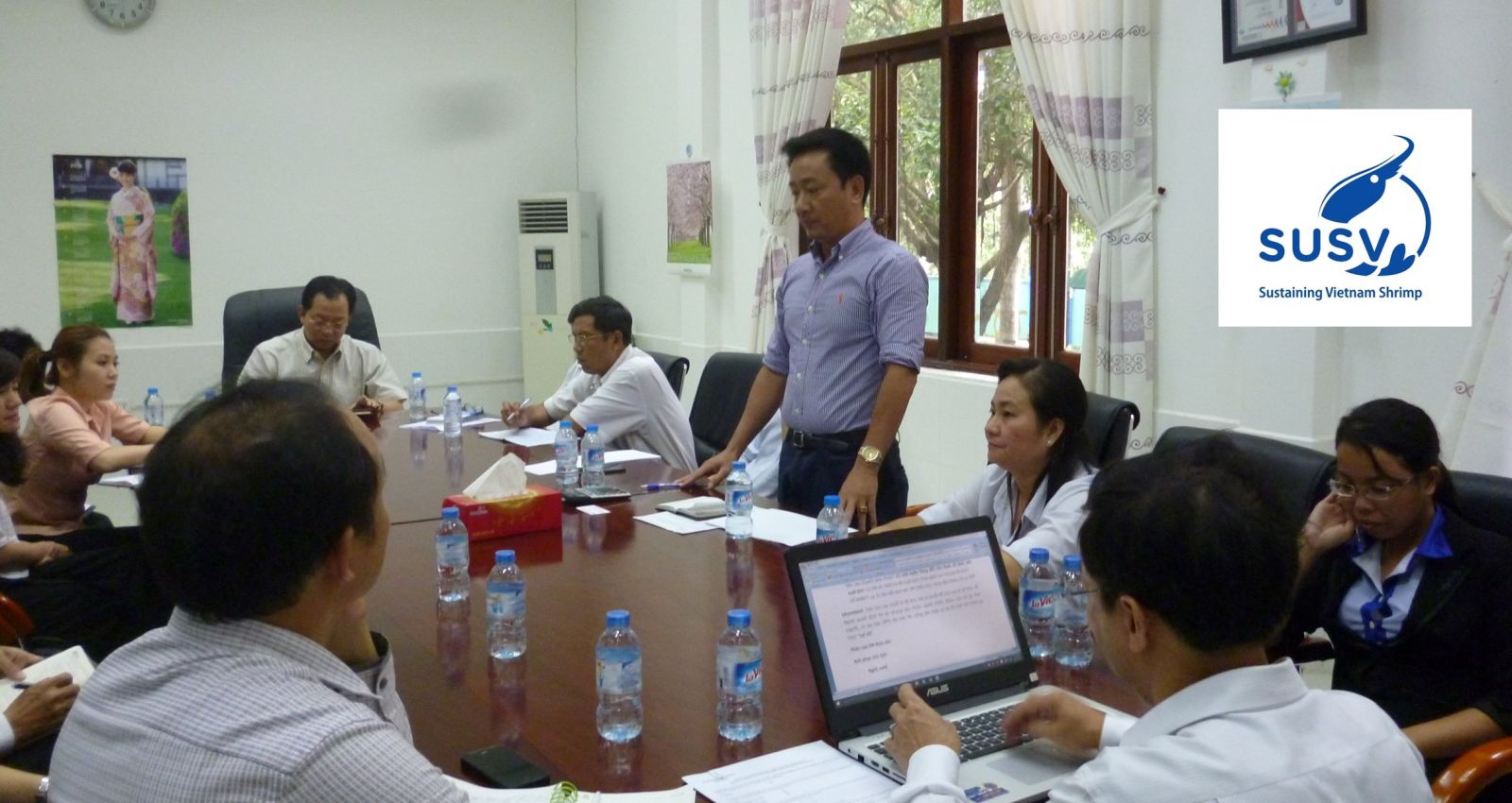
In the survey, the stakeholders discussed on linking commercial banks to manage the money transaction in the shrimp value chain and how to promote the loaning program, the role of local authorities, agencies and companies in the value chain loaning program for the ultimate purpose of the sustainable shrimp industry development in Mekong delta for global integration.

In the coming months, the project SusV, ICAFIS, OXFAM, the provincial Department of Agriculture and Rural Development will collaborate closely with banks to promote the “value chain loaning program” in order to help the shrimp industry develop sustainably, have more value and build global trademark.
Vũ Thùy - ICAFIS
